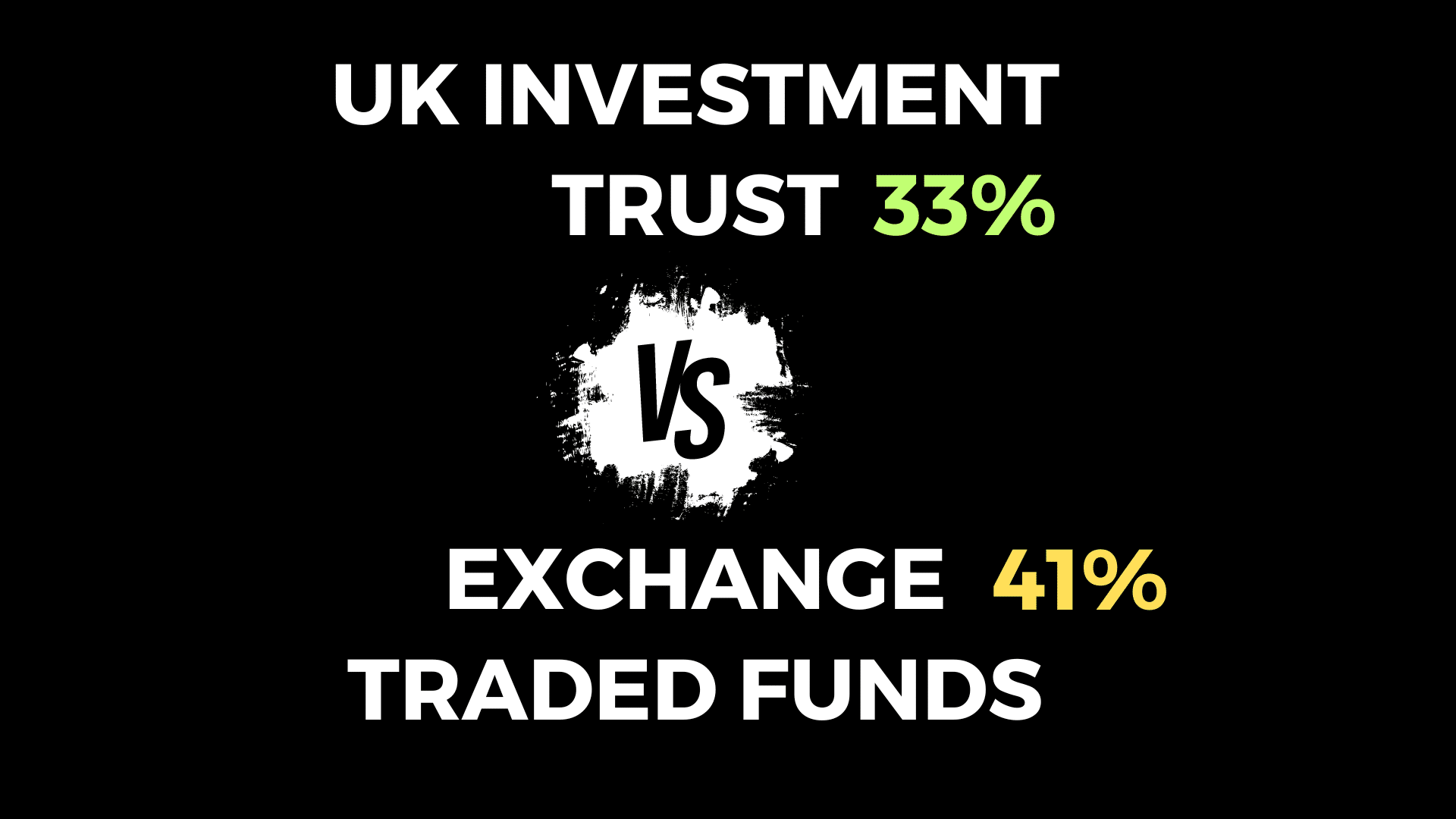The HMRC (Her Majesty’s Revenue and Customs) which is the tax authority in the UK dropped updated tax guidance for DeFi related income in February of 2022 which has raised the eyebrows of many. As the crypto space is still so young, many authorities around the world still do not have official guidance on many crypto-related taxes. So this may be significant.
As we will discuss, these newest updates could potentially disrupt the growth of DeFi in the UK and further afield if other tax authorities follow the UK’s lead. Let’s now go through these updates and see what has changed.
How was DeFi interest and transactions taxed up until now?
DeFi involves taking your cryptocurrency and lending it or providing liquidity using one of many protocols (e.g Aave, Compound, SundaeSwap). In return for this, you can earn very generous returns, certainly much higher than what you can get on deposit with your local bank.
The general rule in most tax jurisdictions is that all income you earn from yield farming and staking would be taxed your income tax rates. Very similar to how Bond interest and Dividend income is treated in most countries.
What are the proposed changes?
The HMRC is now creating two separate categories of income earned from DeFi – Capital & Revenue. The taxation of both categories will be completely different and the guidance given so far makes it very difficult for individuals to identify which category their income belongs to.
The significance of this classification can have a huge impact on whether DeFi would be viable or not for you. In particular, the main concern investors now have is if your DeFi income is categorised as Capital. The HRMC view any income made through DeFi catergorised as ‘Capital’ to NOT be comparable to interest.
Furthermore, when you lend or stake a Token to a DeFi protocol this will be considered a taxable event for capital gains at the time you lend or stake your crypto. Therefore transactions that fall under the umbrella of being ‘Capital’ will result in you realising your profits on those investments which you may not want to do. This seems a bit of a crazy take by the UK tax authority, as in most cases you will always have control of your keys, there
You could end up with a big tax bill which may result in you having to sell some crypto to fiat to fund it. This will most likely turn off people from using DeFi protocols. It is still unclear whether this guidance is going to be enshrined into UK tax law.
You can check out the latest HMRC guidance here.
Factors that are used to determine whether DeFi Income is Capital or Revenue are the following (As per HMRC):
- Whether the return to be received by the lender/liquidity provider is known at the time the agreement is made. If the return to be received has been agreed, for example 5% per annum, this would indicate a revenue receipt. If the return to be received is unknown and speculative (and could result in a loss from the activity), this would indicate a capital receipt.
- If the return is realised through the disposal of a capital asset, this would indicate a capital receipt. If the return is paid by the borrower/DeFi lending platform to the lender/liquidity provider, this would indicate a revenue receipt.
- Whether the return is paid periodically throughout the period of the lending/staking or whether it is paid upon repayment of the principal. A one-off payment is more likely to have the nature of capital while a recurring payment is more likely to have the nature of income.
- Whether the period of the lending is fixed or indefinite, short-term or long-term.
Example
Let’s have a look how this change could dramatically effect you. For the purposes of this example we will assume that it ticks all the boxes of to be treated as Capital)
John invested €1,000 and bought 2 ETH some time ago when the price was €500. The price subsequently increased to €3,000 per ETH and now his investment is valued at €6,000.
Hearing about the power of DeFi, John wanted to earn yield from his ETH and decided to lend it out ETH using a DeFi platform. The Defi platform is promising to return 2.2 ETH at the end of the Loan a 10% return.
At the point where John lends his crypto, he will need to calculate his capital gains. Which will be €5,000 (Value at date of loan €6,000 less original cost of €1,000). The capital gains due on this amount is 20% which works out to €1,000.
At the time the loan ended the price of ETH was now €3,500. John received his 0.2 ETH which is worth €700. He must now also pay income tax on this amount. If we compared this to previously John would have only had to pay the income tax on the 0.2 ETH and that is it.
Should we be worried in Ireland?
There have been many cases where we have deferred to cases and guidance etc in the UK when there has been no equivalent legal precedent to go in on in Ireland. This may be less and less the case in future since Brexit.
The Revenue Commissioner in Ireland has not hinted at any updated tax guidance on DeFi or crypto in general, so we are safe for now at least.
Disclaimer: This blog post is for informational and educational purposes and should not be construed as financial advice.







